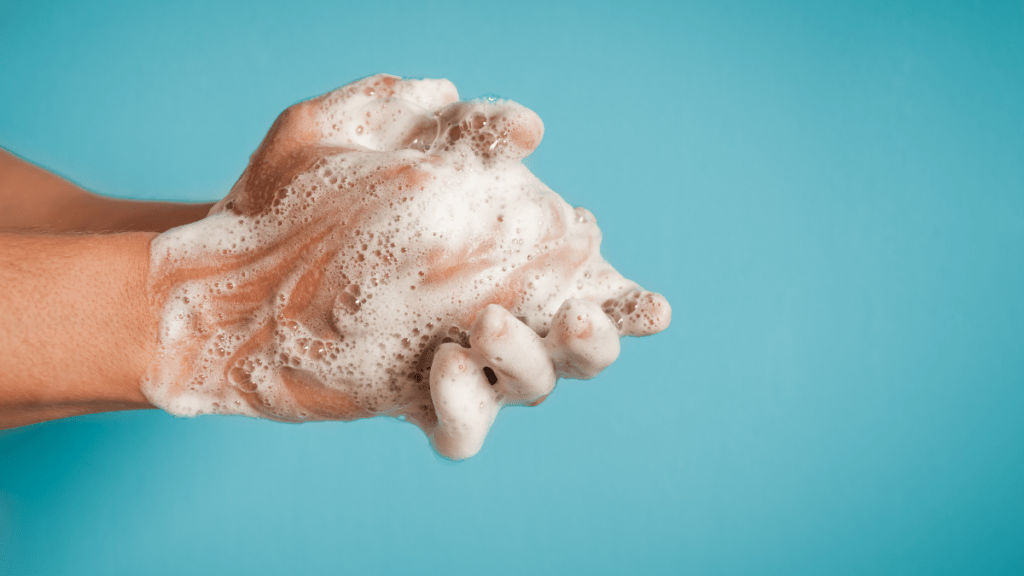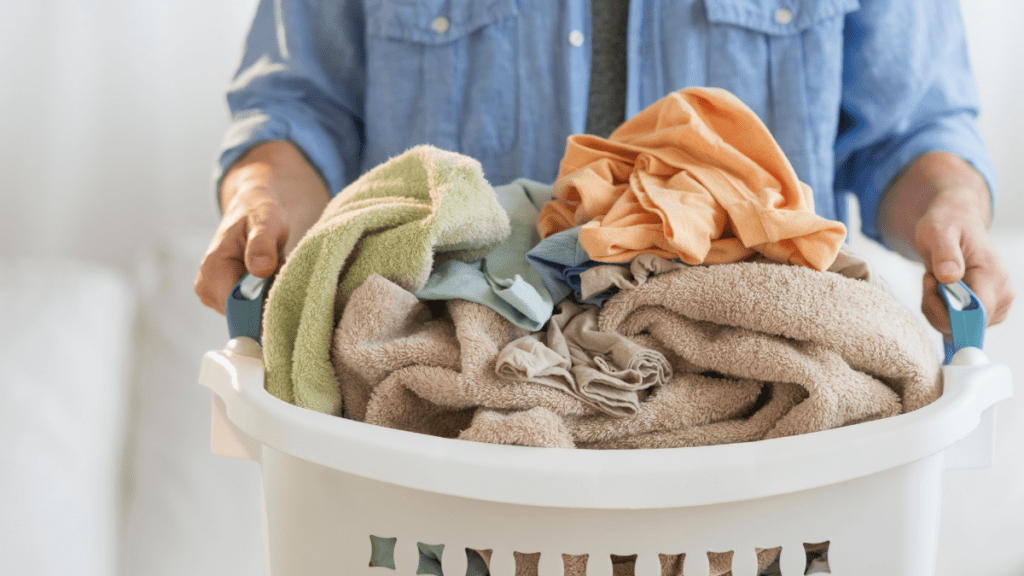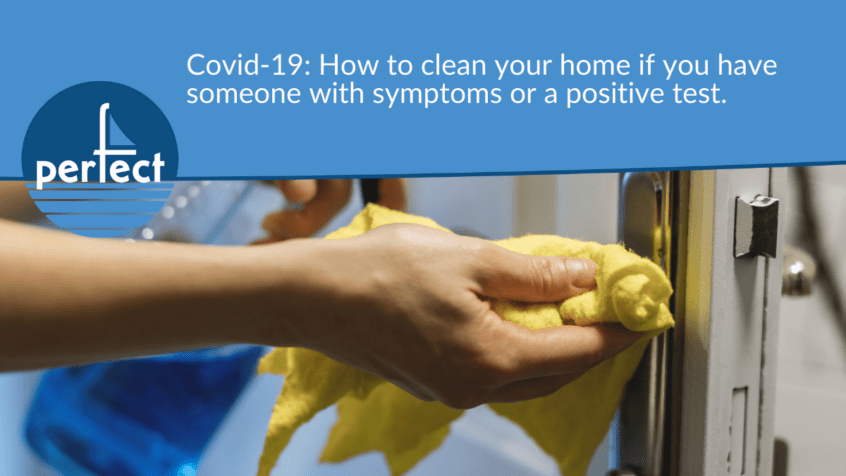If one of your family members is showing signs of Covid-19, has come into contact with someone who has tested positive or has themself had a positive test – giving your house a good clean is one of the best things you can do to keep you and the rest of your family safe.
According to Scottish Government guidance, The risk of coronavirus (COVID-19) infection depends on many factors, including:
- the type of surface contaminated
- the amount of virus shed from the individual
- the time the individual spent in the setting
- the time since the individual was last in the setting
COVID-19 spreads from person to person through small droplets, aerosols and through direct contact. Surfaces and belongings can also be contaminated with COVID-19 when people with the infection cough or sneeze or touch them.
In this article, we will advise you on the best methods to clean and control the spread of Covid-19 in your home if a member of your household has symptoms or a positive test.
Suspected Covid-19 case in your home: What is the first thing you should do?
It is important not to panic!
Stay calm and don’t forget the basic advice that has been given to us over the last year.

- Advise your family to perform frequent hand washing at all times using hand soap for at least 20 seconds and use hand sanitiser when this is not possible.
- Remind them not to touch their face as this is a way Covid-19 can be transmitted from surfaces to your mouth and nose.
- Incorporate social distancing into your home. Section off a room for the member of your family with suspected Covid-19 to spend their time and if you are lucky enough to have two bathrooms, allocate one for their personal use. Prepare meals and beverages for the family member to reduce the spread of Covid-19 to the communal kitchen area.
How to clean your home to control the spread of Covid-19
After you have the above basics covered. You can set about giving your home a thorough clean to help control the spread of coronavirus.
We have broken this down into three main areas. These include:
- Cleaning and disinfection
- Laundry
- Dealing with personal waste.
When performing these tasks it is not necessary to wear personal protective equipment (PPE) or clothing over and above what would usually be used. However, we do recommend using disposable cloths and paper towels, we will cover more about disposing of these further on in the article.
Related content – Covid 19: How to keep your home clean, 8 cleaning tips
Cleaning and Disinfection
Coronavirus is released into the air when an infected person coughs or sneezes then these particles can come to rest on surfaces. An infected person could also cough or sneezes into their hands and touch surrounding surfaces.
In light of this, in addition to regular cleaning of all surfaces, it is important to give extra focus on areas of your home that are touched frequently. These include door handles, light switches, smart phones, kitchen surfaces and toilets. These are referred to as high touch surfaces.
Firstly, you need to clean the surface with hot soapy water to clean and remove dirt and impurities. After cleaning, you move onto disinfecting the surface.
“Regular household cleaning and disinfection products will effectively eliminate the virus from household surfaces. For cleaning and disinfecting households with suspected or confirmed COVID19, surface virucidal disinfectants, such as 0.05% sodium hypochlorite (NaClO) and products based on ethanol (at least 70%), should be used.” WHO (The World Health Organisation)
Clean and disinfect high touch areas frequently, we recommend twice per day, ideally at the beginning and end of every day.
If there is only one bathroom available in your home for communal use, pay particular attention to baths, showers, sinks and toilets and ask the suspected Covid-19 family member to disinfect the bathroom themself after each use.
Related content – Virus Control Professional Disinfecting Services (Covid-19): How Much Does it Cost?
Laundry
Of course, the laundering of clothing, towels and bed linens needs to be done but you don’t need to overly fret about this, you just need to be a little more careful and make sure you’re taking sensible measures to avoid spreading germs.
It’s a good idea not to carry dirty washing close to the body, pop the dirty laundry into a plastic washing basket or bucket and carry it to the washing machine.

Items should be washed in accordance with the manufacturer’s instructions. There is no additional washing requirement above what would normally be carried out.
Dirty laundry that has been in contact with an unwell person can be washed with other people’s items. To minimise the possibility of dispersing the virus through the air, do not shake dirty laundry prior to washing.
Personal Waste
Make sure everybody coughs and sneezes into a tissue and throws the tissue away into rubbish bags that are tied shut. You don’t want to be dealing with infectious tissues scattered around your home.
It is also important to include the disposable cloths and paper towels that have been used during cleaning and disinfection into tied bags.
- These plastic bags should then be placed in a second bin bag and tied
- This should be put in a suitable and secure place and marked for storage until the individual’s test results are known.
This waste should be stored safely and kept away from children. It should not be placed in communal waste areas until negative test results are known, or the waste has been stored for at least 72 hours.
Summary
If you have to deal with a suspected Covid-19 in your home, remember don’t panic and follow the basic guidelines of regular hand washing, try not to touch your face and set up social distancing measures the best you can in your home.
Regular cleaning will help reduce the spread of the virus, paying close attention to high-touch surfaces, using household cleaners and disposable paper towels.
Be extra careful doing your laundry, no need to separate your dirty washing but don’t carry it close to your body or shake it out before putting it into your washing machine.
Lastly, encourage the use of tissues to catch coughs and ensure these, along with disposable cloths and paper towels are secured in bags and stored away for 72 hours before going out to the bins for collection.

